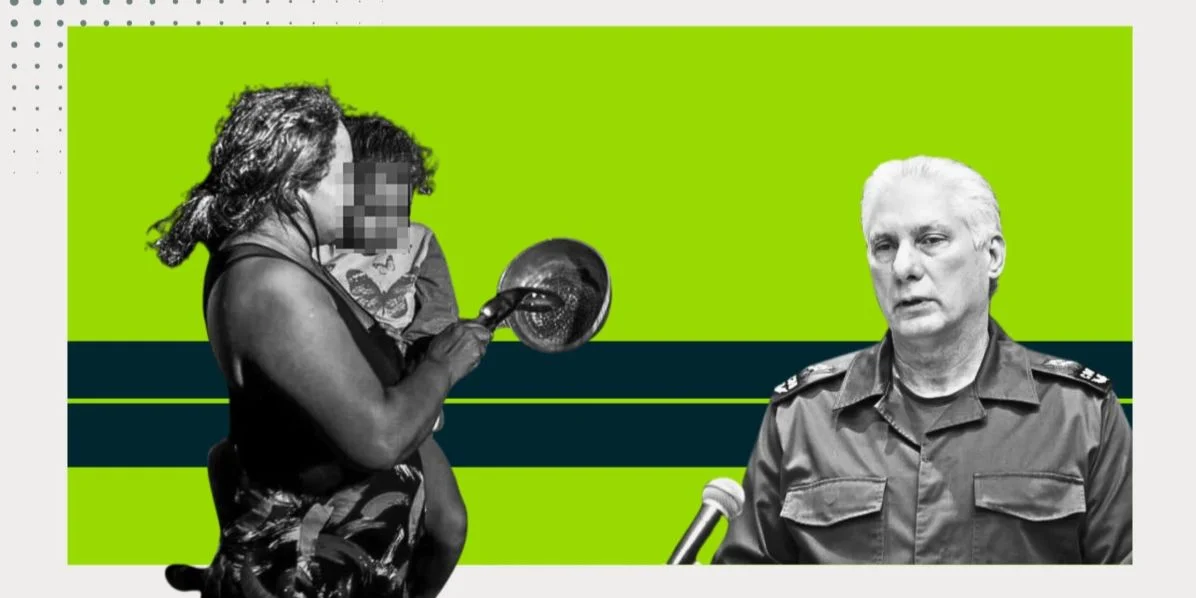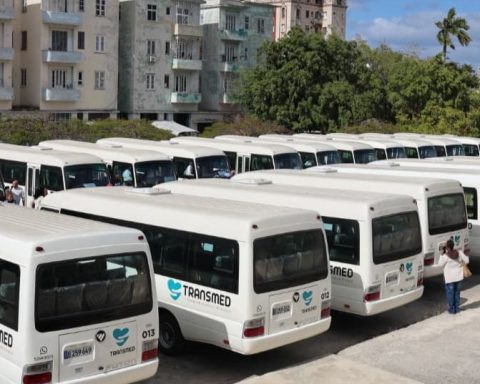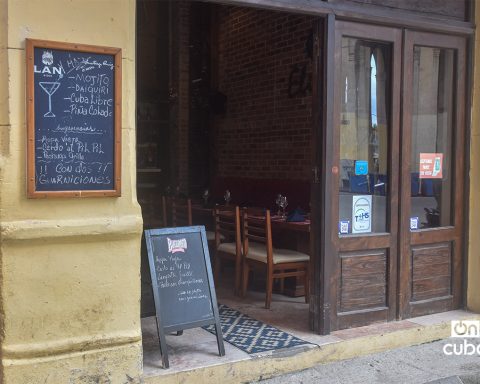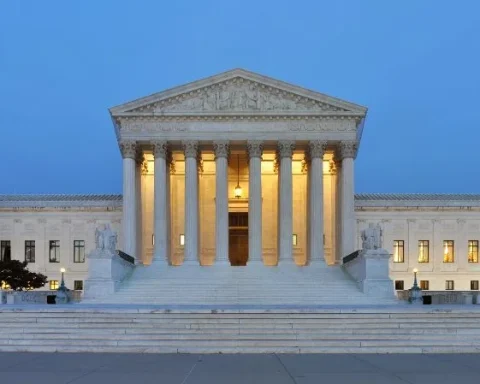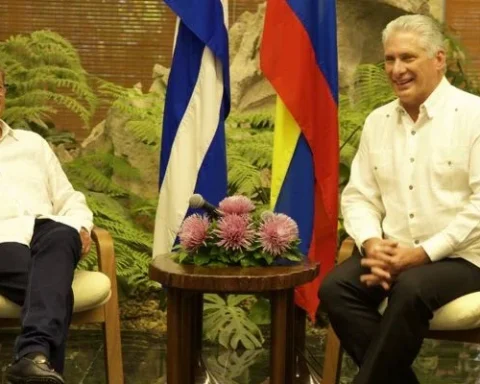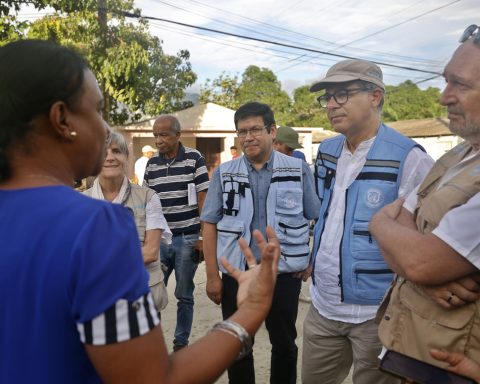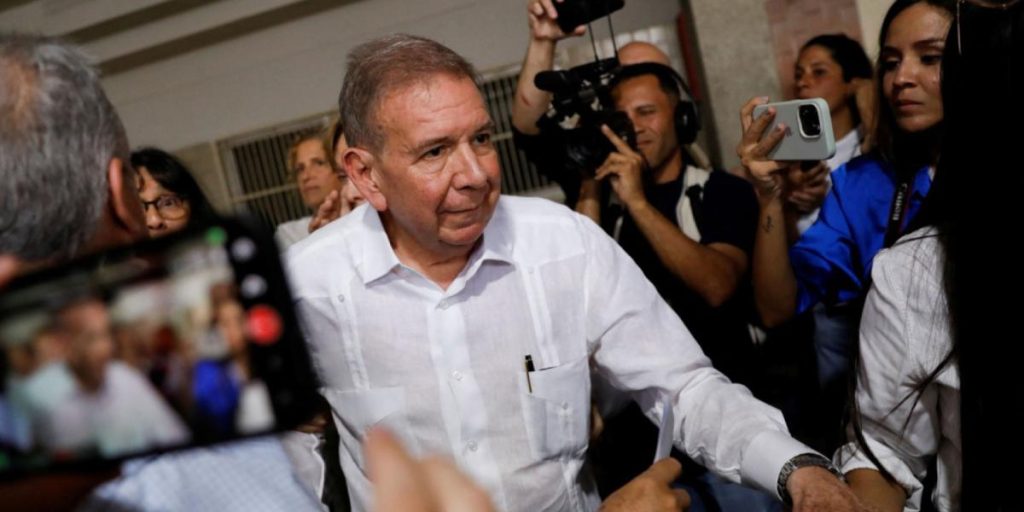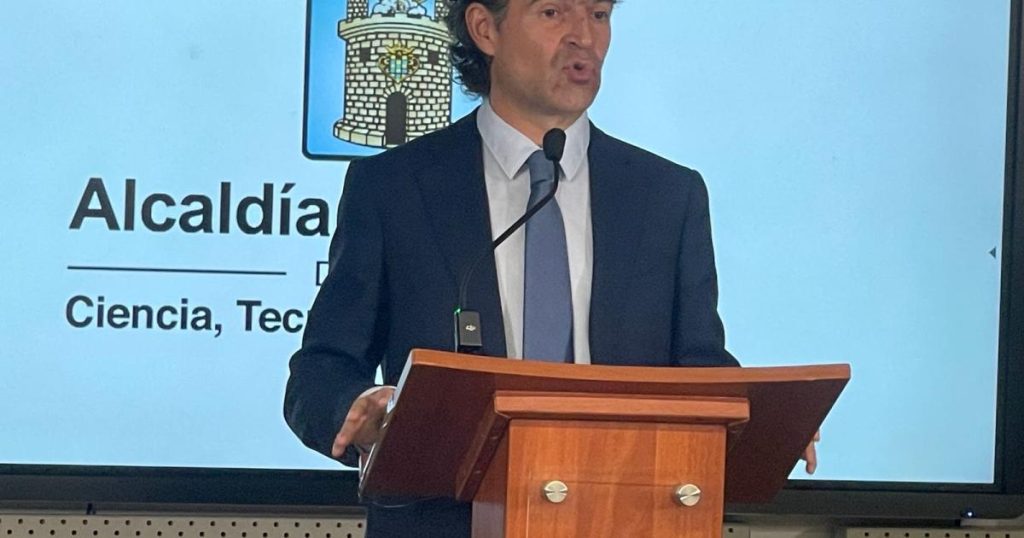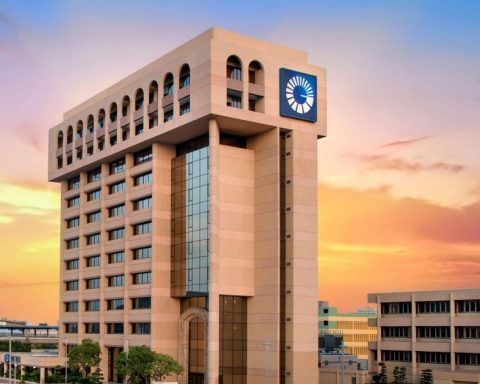SLP, Mexico.- The Cuban Conflict Observatory (OCC) registered this 2024 a increase 31% in protests and complaints compared to the previous year, according to the report sent to this Editorial Office by the NGO.
To the finish In 2024, OCC counted 8,443 of these signs of social discontent, a number significantly higher than the 5,749 in 2023. “The increase is not coincidental,” the organization said. “These 12 months have served to convince Cubans that they are hostages to a selfish, inefficient, arrogant and ruthless power elite.”
In December, there were a total of 760 protests and public complaints in Cuba, 4.05% less than the 792 in November, when the population reacted to the critical context in which the regime’s inefficiency and repression prevail. That month, there were almost 150 demonstrations “bold enough to be considered challenges to the police state.”
The new wave of protests, however, occurred mostly on social media, unlike in November, when there were dozens of physical protests triggered by the blackouts.
Related to food, inflation and agriculture, some 129 protests or complaints were made, probably driven by the launch of a crusade against crime focused on the private sector, which would have led to a reduction in supply and an increase in prices.
Protests over electric service led the Public Services category (with 122), and 82 protests, complaints or civic actions were triggered by “other social problems.” The rise in drug sales and consumption, child labor, the hardships of the elderly who live alone or in poverty and other vulnerable people, were some of the recurring themes.
Although the increase in these expressions of discontent shows that Cubans have become more aware that there is and will not be economic or social improvement, a study conducted by the Communist Party of Cuba (PCC) and the official Center for Sociopolitical and Political Studies of Opinion (CESPO) pointed out that the majority of citizens support the so-called “revolution” and its leaders.
Roberto Morales Ojeda, Secretary of Organization of the Central Committee of the PCC, reported the results of the alleged study during the IX Plenary Session of the communist party.
According to the leader of the Cuban regime, the analysis of the sociopolitical climate ratifies “the majority support for the Revolution, its leaders and the pride of being Cuban”; as well as the status of “references” of the late dictator Fidel Castro and his brother Raúl.
At the same time, the report recognized that the population Cuban It presents dissatisfactions associated with material deficiencies, high prices, food insufficiencies, progressive loss of the purchasing value of salary, the Health system, transportation, public procedures and housing problems.
However, Morales Ojeda pointed out that the people support the PCC leadership despite the “internal obstacles and weaknesses.”
In contrast, the working group on politically motivated arrests Justice 11J confirmed last month that in Cuba at least 70 public demonstrations occurred in less than three weeks after the total collapse of the National Electric System (SEN) on October 18.
